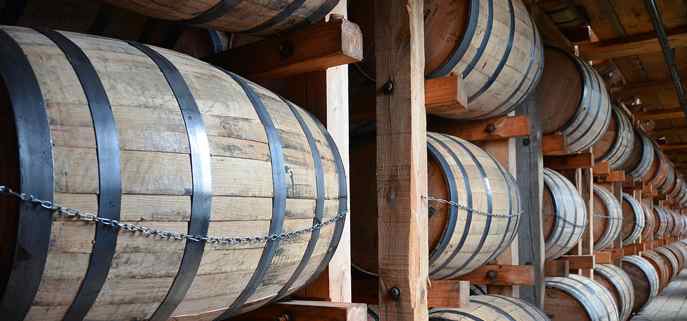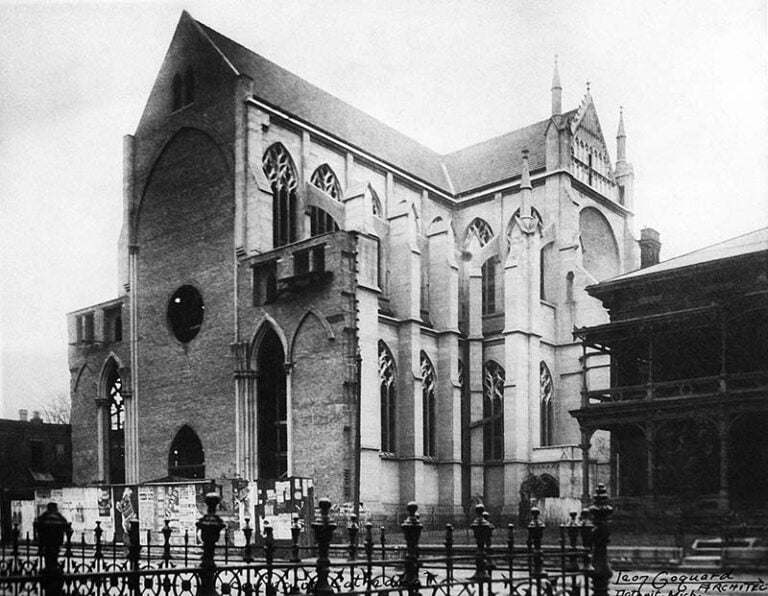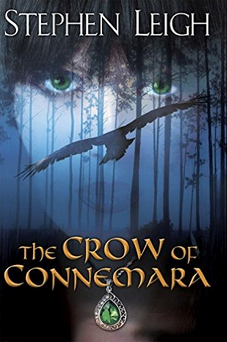Usually, I am not a fan of fantasies, whether books or movies. From my perspective, it is just too difficult to make them believable.
With that in mind, I must admit, how enjoyably surprised I was reading The Crow of Connemara, a contemporary Celtic fantasy set for the most part in Ireland. After the first few chapters, my reservations dissipated and I really enjoyed the writing style, the mysticism, the tradition, and the possibility that, through the power of dreams, a woman could call a man and beckon him to travel abroad to help her.
The Crow of Connemara is a 2015-effort by Stephen Leigh, a creative writing lecturer at Northern Kentucky University. For those who are not familiar with Leigh’s body of work (he also uses the pen names S.L. Farrell and Mathew Farrell), he has published twenty-seven novels and more than fifty short stories. His genres are mostly science fiction and fantasy, although occasionally he delves into the realm of non-fiction.
Despite my aforementioned prejudice against fantasy, Leigh won me over.
The Crow of Connemara is an aptly written, thoughtful story that weaves its magic using strands from Irish mythology and folktales and juxtaposing them nicely with life in the modern world. I consider Leigh’s book as one part fantasy, one part drama, and two parts tragic romance.
The story features Colin Doyle, a young Irish-American musician from Chicago, who cannot resist the call and the beauty of traditional Irish music. It also features Maeve Gallagher, an Irish woman steeped with mystical powers.
Against the wishes of his recently deceased father and after withdrawing from his graduate studies, Colin travels to Ireland, carrying with him a numinous stone his grandfather took from Ireland half-a-century ago. That Maeve needs that stone, and its power emphasizes a major story component.
Once on the old sod, Colin meets Maeve, an Oileanach (one of the people living on the island of Inishcorr). The townsfolks resent the Oileanachs, considering them outcasts, and, even worse, witches. Of course, Maeve does have many special powers: she is the woman who beckoned Colin in his dreams.

“I’m waiting for yeh (you), Colin,” she said. “I need what yeh have to give. It hurts the mistakes I’ve made. Yeh have no idea how much it hurts.”
Together they begin an adventure that delves deeply into Irish folklore. She sees him as the chosen one (her bard) to help her right wrongs; to say that Colin is attracted to Maeve is an understatement.
The Crow of Connemara is a contemporary Irish fantasy you will enjoy, especially if you are fond of Celtic lore and Fae mythology (that which pertains to fairies).
In writing this book, I believe Leigh created a world of intrigue with wonderfully complex characters, especially Maeve Gallagher. According to a Romantic Times review, “Maeve is a particularly interesting and nuanced character, and the setting of Ireland, particularly on Oileanach with Maeve’s ‘family,’ will captivate readers.” Note the telling emphasis on the word ‘family,’ it is a hint of Leigh’s varied characters rooted in folklore.
If any of you have ever read Pete Hamill’s Forever, you can thoroughly lose yourself in The Crow of Connemara. It has a similar feel. I think you will like the way Leigh found his title. The ending is a good one, the disposition of Celtic lore is educational, and the storyline well-crafted. Leigh deserves a thumb’s up for his good work. You can learn more about his books here: www.farrellworlds.com.
Donald Then, a novelist and experienced editor and journalist, is NKyTribune’s literary editor. He reviews books written by local authors or those with a Northern Kentucky setting. Reach him at author@djamesthen.com. Visit his website at www.djamesthen.com.



















